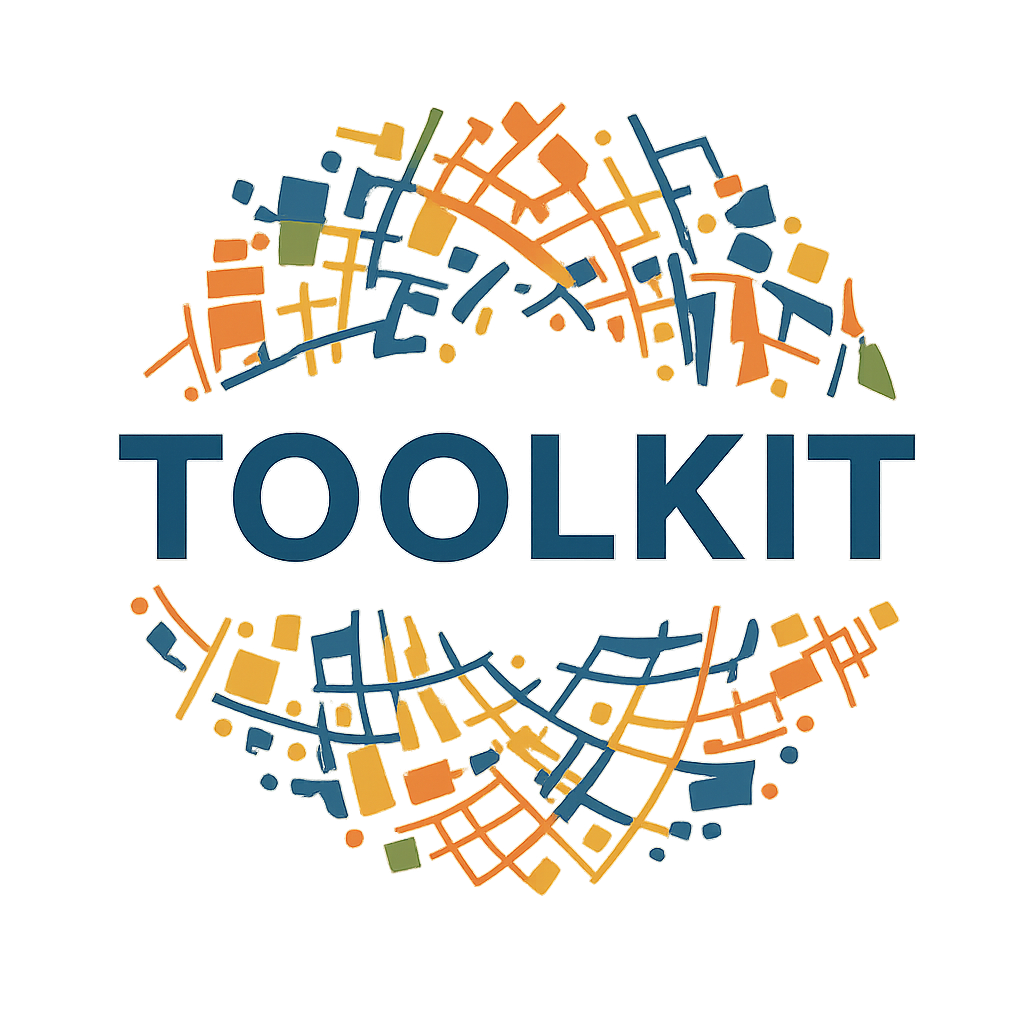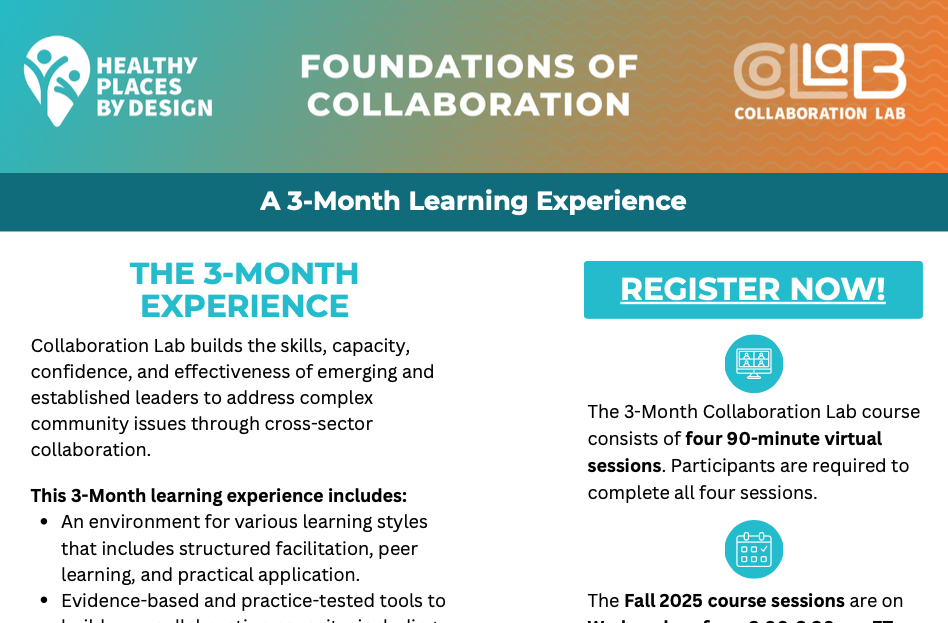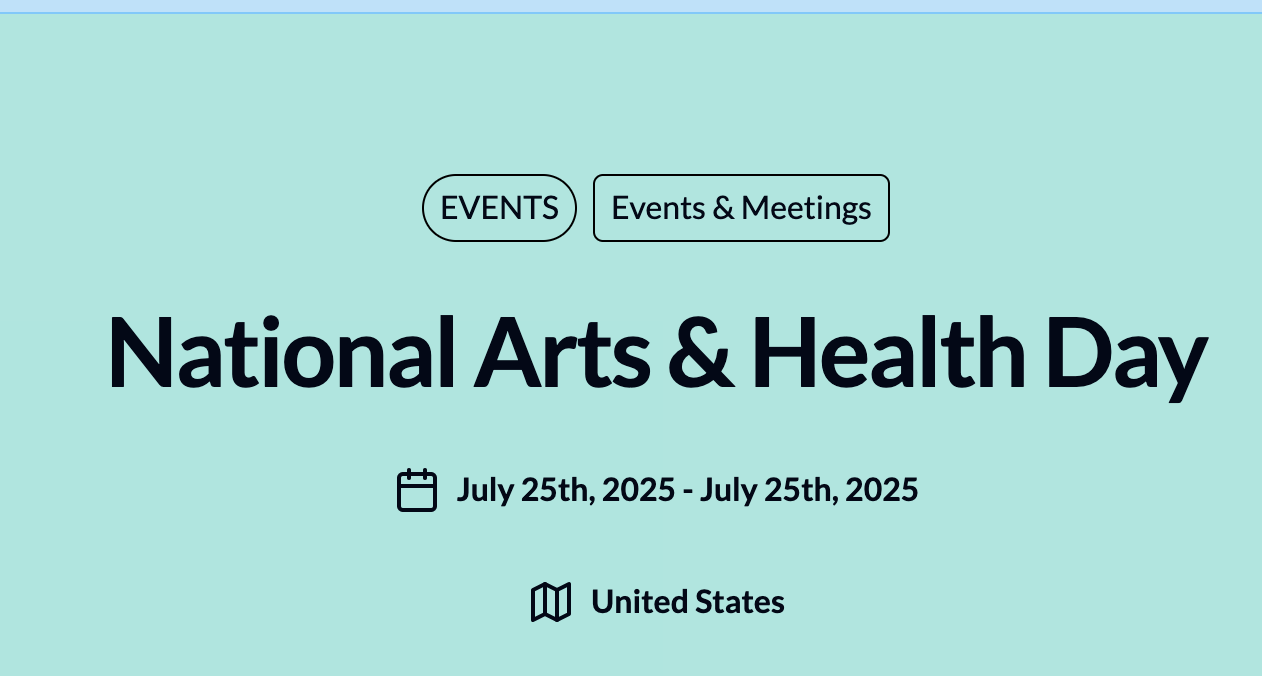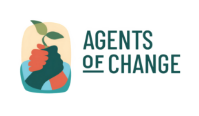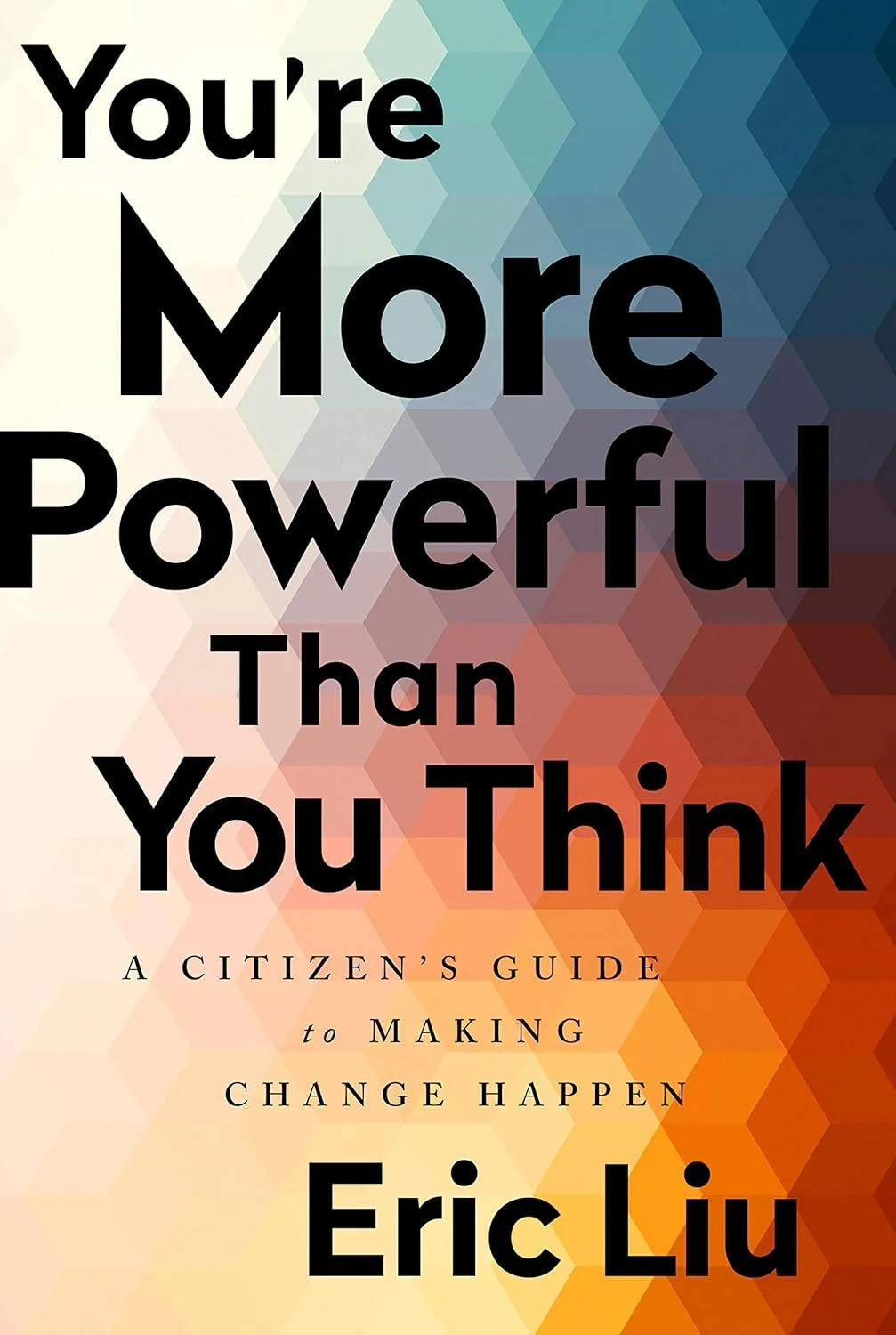BURNING GLASS INSTITUTE
Why It Matters
In an era of rapid automation and shifting skill demands, evidence-based solutions are critical to ensure inclusive economic opportunity.
Alignment
The Institute’s data-centric approach complements The Change Lab’s focus on community-led solutions and systems change.
Role in Ecosystem
Acting as a knowledge hub, BGI translates big data into actionable insights for nonprofits, governments, and industry leaders.
Workshop Foundations of Collaboration: The 3-Month Collaboration Lab
Real change requires real collaboration. This program helps participants move beyond vague partnerships toward structured, intentional, and inclusive collaboration practices. With a sliding scale model, it's also financially accessible for grassroots organizations and frontline leaders.
The School of Thought International
The world faces a rising tide of misinformation, conspiracy theories, and polarizing narratives. The School of Thought equips individuals and communities with skills like probabilistic reasoning, metacognition, and fallacy awareness—essential tools to strengthen democratic capacities and collective resilience.
July 25th - National Arts in Health Day
The arts are more than enrichment—they are vital tools for emotional resilience, trauma recovery, and collective healing. This national day of recognition helps institutionalize the power of creative expression in public health systems, especially for marginalized and underserved communities.
Rebuilding Together Houston
Safe, stable housing is foundational for health, opportunity, and community resilience. Rebuilding Together Houston goes beyond construction—they build hope, preserve family legacies, and strengthen neighborhood identity by restoring homes for those often left out of equitable housing access.
Agents of Change in Environmental Justice
Most environmental policies are shaped without the voices of communities most impacted. Agents of Change shifts that balance by empowering underrepresented scholars to lead in media, science, and policymaking—redefining power, participation, and truth in public health and environmental spaces.
Bill of Rights Institute
As democratic norms and institutions face growing challenges, there is a clear need to strengthen civic literacy, especially among young people. The Bill of Rights Institute addresses this by fostering informed, thoughtful civic participation rooted in historical understanding and constitutional awareness.
Research Resource: Weaving the Dream
This 2025 report from More in Common’s Beacon Project explores how Americans across political, racial, and generational lines share a belief in “morally directed agency”—the idea that individuals have both the right and responsibility to improve their lives and contribute to their communities. Drawing on surveys of over 60,000 people and in-depth interviews, the report reveals that most Americans value personal agency alongside a desire for systems that provide opportunity. It proposes a unifying civic vision rooted in empowerment, shared purpose, and mutual obligation.
You're More Powerful Than You Think: A Citizen’s Guide to Making Change Happen
This book is foundational for those who feel disconnected from traditional politics or unsure how to contribute. Liu demystifies power and provides a roadmap for civic agency—particularly valuable in the face of polarization, inequality, and distrust. It’s a call to move from cynicism to creativity, helping readers unlock their own potential to shape institutions, narratives, and outcomes.
Agents of Change – USC Dornsife
A project of the USC Dornsife Center for Economic and Social Research, this Agents of Change initiative focuses on engaging civilians—especially underrepresented communities—in public policy research and action. The program seeks to amplify civic engagement and support pathways for Angelenos to shape policy decisions that impact their everyday lives.
SINGA Deutschland
SINGA Deutschland challenges traditional integration models by centering dignity, agency, and mutual benefit. Their work shifts the narrative from "helping refugees" to building a shared future, offering a scalable model of civic inclusion that bridges divides and expands the circle of human concern.
